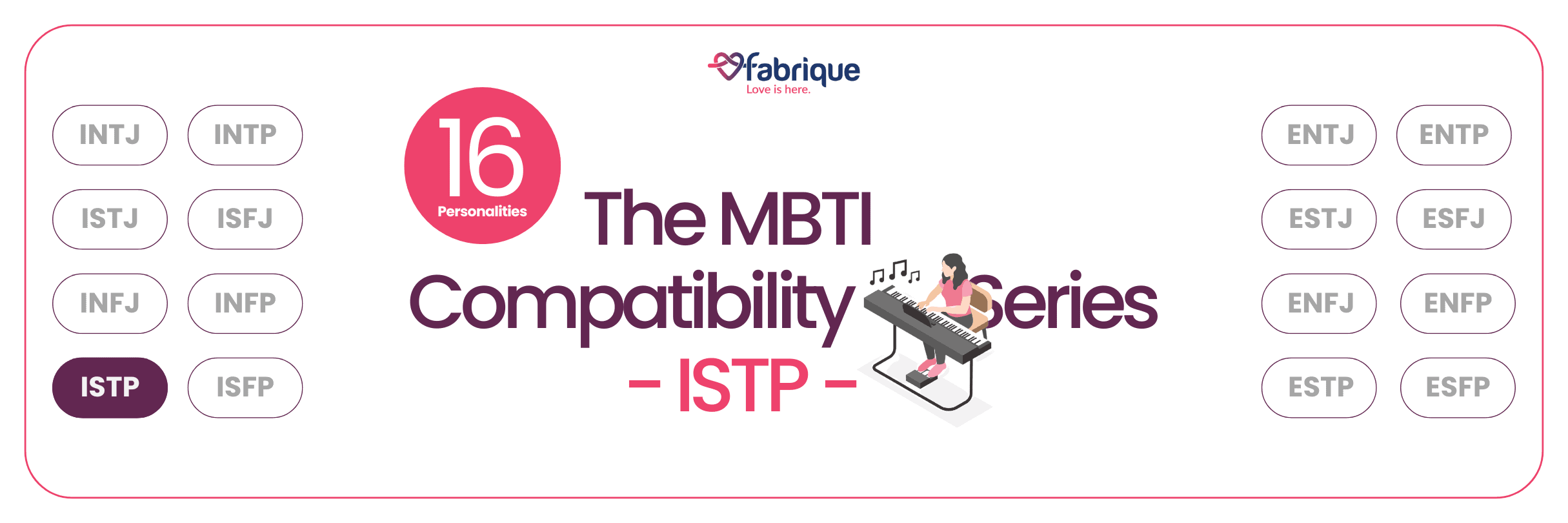
ISTP: The Adventurous Partner
Individuals with the ISTP personality type are known for their practicality, resourcefulness, and hands-on approach to life. In a relationship, ISTPs are independent thinkers who value freedom and autonomy. They are laid-back and easygoing, preferring to take things as they come rather than overthinking or overplanning. ISTPs are highly observant and excel at problem-solving in the moment, making them great partners in times of crisis or uncertainty.
Dating an ISTP
Pros:
- ISTPs are independent and adaptable partners, making them great at going with the flow in a relationship.
- They are practical problem solvers, often coming up with creative solutions to relationship challenges.
- ISTPs are laid-back and easygoing, which can create a relaxed and enjoyable dynamic in a relationship.
Cons:
- ISTPs can struggle with expressing their emotions, which may lead to misunderstandings or miscommunication in a relationship.
- They may have a tendency to prioritize logic over emotions, which can sometimes come off as insensitive to their partner.
- ISTPs value their independence and may need space, which could be perceived as aloofness by their partner.
ISTPs, also known as “The Virtuoso,” are introverted, observant, thinking, and prospecting individuals. They are known for their hands-on approach to life and their ability to stay calm under pressure. When it comes to relationships, ISTPs bring a unique set of strengths and weaknesses to the table.
ISTP Relationship Compatibility

Most Compatible Types
- ESTP: Both types share a preference for living in the moment and enjoying new experiences, making them a great match for adventurous and spontaneous relationships.
- ISFP: This pairing can complement each other well, as the ISTP’s logical thinking can balance out the ISFP’s emotional nature.
- INTP: Both types value independence and freedom, allowing them to give each other space while still maintaining a deep connection.

Most Incompatible Types
- ESFJ: The ISTP’s independent nature may clash with the ESFJ’s desire for stability and structure in a relationship.
- ENFJ: The ISTP’s focus on practicality and logic may not align with the ENFJ’s emotional and idealistic approach to relationships.
- INFJ: The ISTP’s preference for living in the moment may conflict with the INFJ’s long-term planning and desire for deep emotional connection.
What Makes an ISTP Happy in a Relationship
ISTPs are happiest in a relationship when they have the freedom to explore their interests and pursue their hobbies. They value independence and enjoy partners who respect their need for space and autonomy. ISTPs also appreciate partners who are open-minded and willing to engage in stimulating conversations.
What Makes an ISTP Unhappy in a Relationship
- Feeling suffocated or controlled
- Lack of communication
- Routine and predictability
While understanding MBTI types can provide valuable insights into relationship dynamics, it’s important to remember that MBTI type is not everything. Building a successful relationship requires mutual understanding, hard work, and a foundation of love and respect. By prioritizing communication, compromise, and empathy, partners can create a fulfilling and lasting connection, regardless of their MBTI types.
